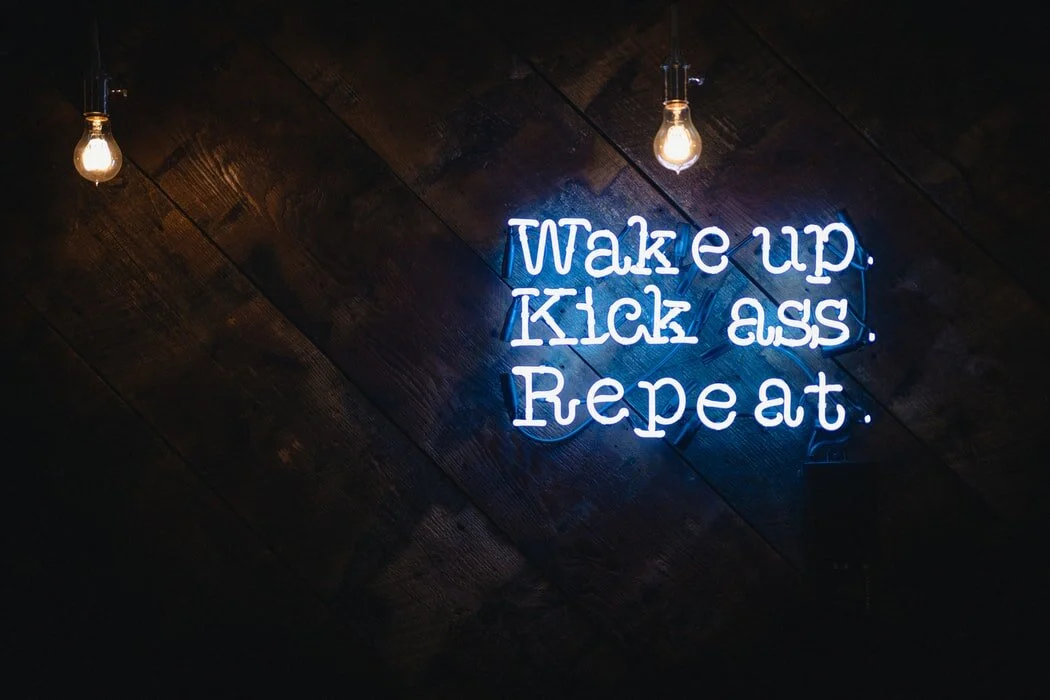What To Do If Your Job Is Harming Your Health
There is a lot to be said for having a fulfilling job - even more so if it is well-paid. Knowing that you will have the money to cover any costs, and potentially some to put aside, is always reassuring, while the personal connections it allows you to make can also be gratifying. On top of this, the feeling of really hitting it out of the park and knowing you can point to a job well done is great for your mental health. So you won’t find many people decrying the necessity to work - but it is possible that we all need to have more of a conversation about the risks inherent in some of the jobs we do.
It’s tricky to talk about how a job can make you ill, because it can leave us open to accusations of malingering or being afraid of a bit of hard work, so for the sake of clarity let’s say once again that good, fulfilling work is a blessing. What we will discuss here is how a job can go bad and turn toxic - sometimes in a limited way, and sometimes in a more total sense - and particularly with reference to our health. Below, we’ll explain a few ways in which your job could potentially be hazardous, and what can be done about it.
When a job affects your mental and emotional health
Not all jobs are created equal. If you’re a nurse, then doing your job means that you’re bringing relief and reassurance to people who aren’t having the best time with their health. That’s something that you can keep in mind and tell yourself even at the end of a long, trying day. Other jobs may not be so emotionally fulfilling, though. If, as part of your job, you are selling people things they don’t need and likely can’t afford, it can be detrimental to your mental and emotional health. If your job is causing you to have trouble sleeping and making you wonder whether you are a good person, there’s no shame in looking elsewhere. We’ve all done jobs we’d rather not do in order to pay the bills, but don’t make yourself ill.
When your job is causing you pain
While nurses will always be able to look at the moral benefits in what they do, they’re not immune from occupational health hazards. Nursing, along with service industry jobs and any other occupation that keeps you on your feet, can take a toll on your legs and feet. Some remedies can bring a decent level of pain relief, including applying KT tape for plantar fasciitis or other such conditions, but also be prepared to ask for breaks when you need them. Even people in jobs that involve saving lives need to rest sometimes - and that should be more obvious to bosses in a hospital than anyone else. For anyone in a job like this, sturdy, comfortable shoes and support bandages are also vitally important.
When your job makes you feel burned out
There is a pervasive “grind” culture in many industries, where long working days and working through breaks is actively encouraged. It’s famously prevalent in the tech industries, and increasingly expected of gig workers. Often, this kind of culture is praised - because hard work is a good thing, right? At times, putting in more hours and working overtime is beneficial, but when you start to feel like you have to work that way or risk your job, it’s no longer a positive.
If you start to feel like your work isn’t appreciated, or like you can’t relax even when you’re off the clock, you may be experiencing burnout. That’s a condition you can’t work through, and it won’t go away if you ignore it - so keep an eye out for those feelings and be prepared to walk away from extra work. You’re contracted to work specific hours, and if going over those is making you ill, you’re not doing yourself any favors. In the long run, you won’t even be doing your employee a service either - a burned-out worker is more likely to make mistakes.
It’s not easy to walk away from a job, particularly if you really need the money. Looking for a new job is also harder when you’re currently working. Use holiday allocation smartly to break up excessive working schedules and, if that job is only going to keep getting tougher, use those days to explore what else is available. It’s not easy, but continuing to work in a job that is harming you will never work out in the long run. If possible, and you want to stay in your job, look for ways (in agreement with your employers) that you can take away some of the strain. Nobody should be a martyr to their employment.




